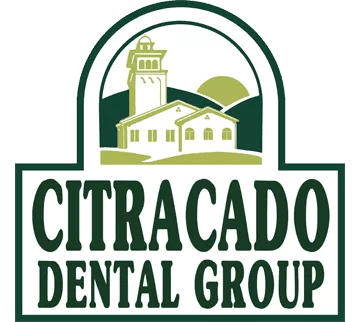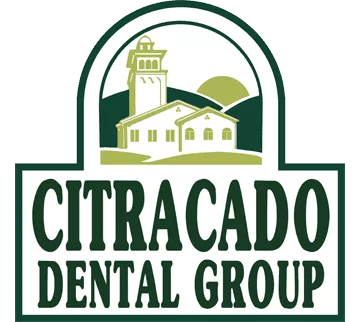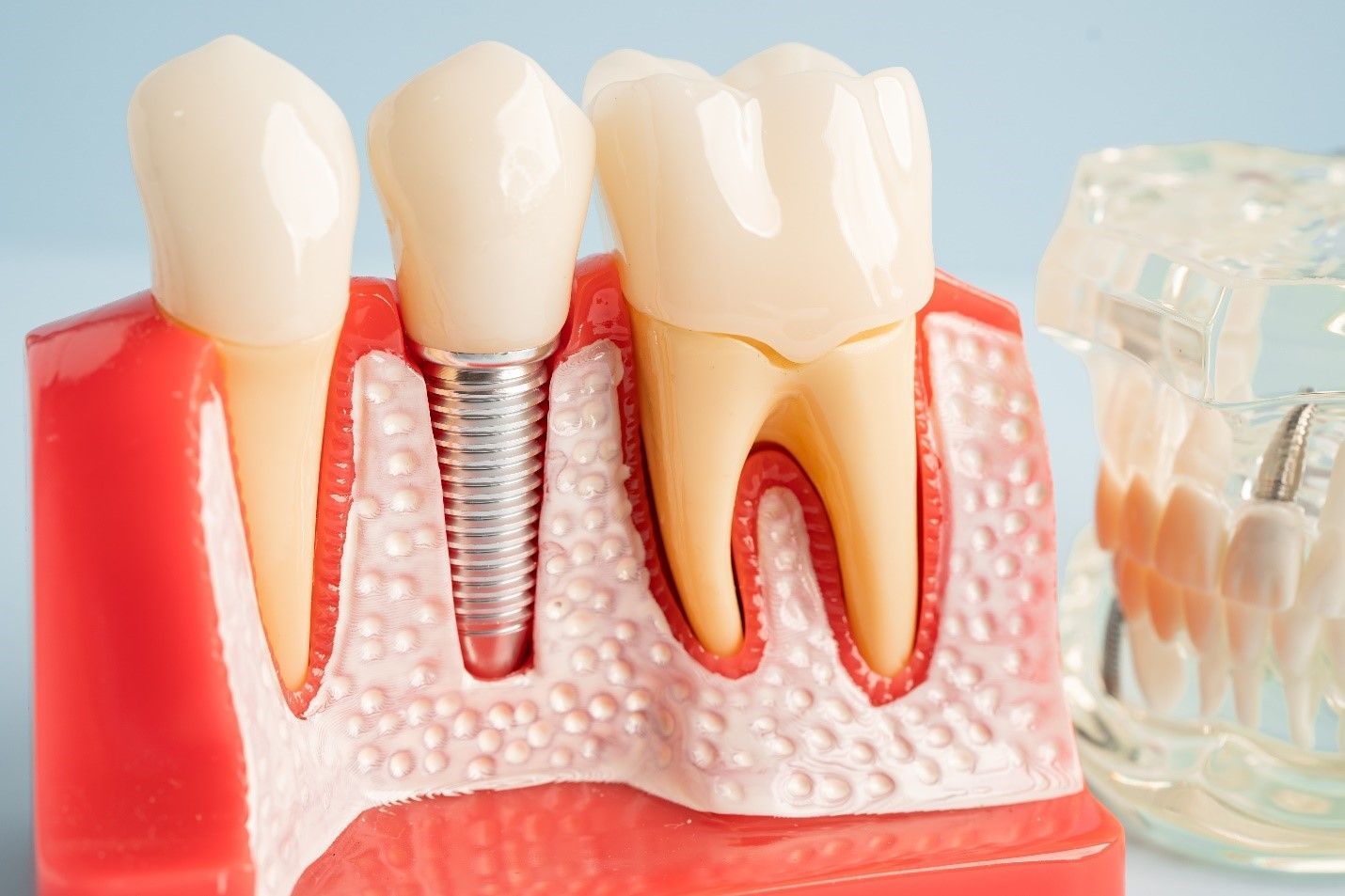CHEWING GUM WITH XYLITOL CAN PROTECT TEETH, IMPROVE ORAL HEALTH

The most reliable safeguards against tooth decay and poor oral health are tooth brushing and flossing. However, after a meal or snack, some people might reach for a piece of gum if they do not have their toothbrush within reach.
But they are not always doing themselves a favor. Chewing gum containing sugar, unhealthy amounts of high fructose corn syrup or saccharine isn’t an ideal alternative to proper tooth cleaning and will do more harm than good.
Chewing gum that contains Xylitol, however, has several oral health benefits.
What is Xylitol?
Xylitol is an all-natural sugar substitute, often found in healthy foods like fruits and vegetables and also produced in the body. Xylitol mimics the taste of sugar but doesn’t behave like it once it enters the body.
In addition to chewing gum products, Xylitol is also an ingredient in mints, toothpaste and mouthwash.
Sugar’s role in dental health
Sugar produces nutrients for bacteria that help break down food for digestive purposes. At high sugar levels, however, the body’s bacteria will begin to attack tooth enamel. Over time, as the damage created by harmful bacteria builds, people may start to experience advanced tooth decay.
Thankfully, Xylitol does not provide nutrients for harmful bacteria to thrive on.
Low-calorie option with plenty of benefits
Chewing gum with Xylitol is a great low-calorie option as it contains nearly half the calories of sugary gums. It also has a low glycemic index, which helps regulate blood glucose levels.
Xylitol safeguards dental health in other ways, too.
Most products with Xylitol will help remineralize teeth, boost amounts of saliva, reduce acidity inside the mouth, increase calcium absorption and stop oral inflammation. Together, these benefits can reduce tooth decay and gum disease. Chewing gum with Xylitol also supports proper pH levels inside the mouth so that enamel has an opportunity to fortify its weakened areas.
Gum with Xylitol can also help remove food debris, launching an offense for teeth and gums. The increased flow of saliva trigged by Xylitol makes it easier to get rid of food particles. If left unchecked, food debris can help facilitate the growth of unwanted bacteria.
Besides its sugarless properties, Xylitol also has another big benefit.
Xylitol helps choke off dangerous bacteria inside the mouth, including Streptococcus mutans. As a main cause of plaque buildup, this bacteria thrives on sugar for fuel. Too much plaque can eventually lead to tooth decay and cavities.
Streptococcus mutans will still feed on Xylitol, but it won’t use it as a fuel. Instead, a diet of Xylitol will cause them to die and reduce their number inside the mouth.
Xylitol can also play in role in reversing gum disease. Bleeding from the gums is one of the first signs of gingivitis. Without proper treatment and care, gingivitis evolves into periodontal disease. Xylitol is known to be effective against early cases of gingivitis.
Remember that chewing gum with Xylitol is a healthier alternative, but should never substitute regular tooth brushing, flossing and dental cleanings. Without brushing twice per day and flossing daily, the benefits of chewing gum with Xylitol are minimal.
Enhancing everyday oral health can be as easy as trading your current gum for one with Xylitol. Coupled with daily brushing and flossing, people using Xylitol products as an alternative are just a little bit more protected, and that’s just one more reason to smile.
Note that chewing gum is not for everyone and should be avoided in certain situations, such as while undergoing orthodontic treatment or if TMJ is an issue. If you’re unsure, ask us during your next visit.
QUICK MENU
RECENT POSTS






